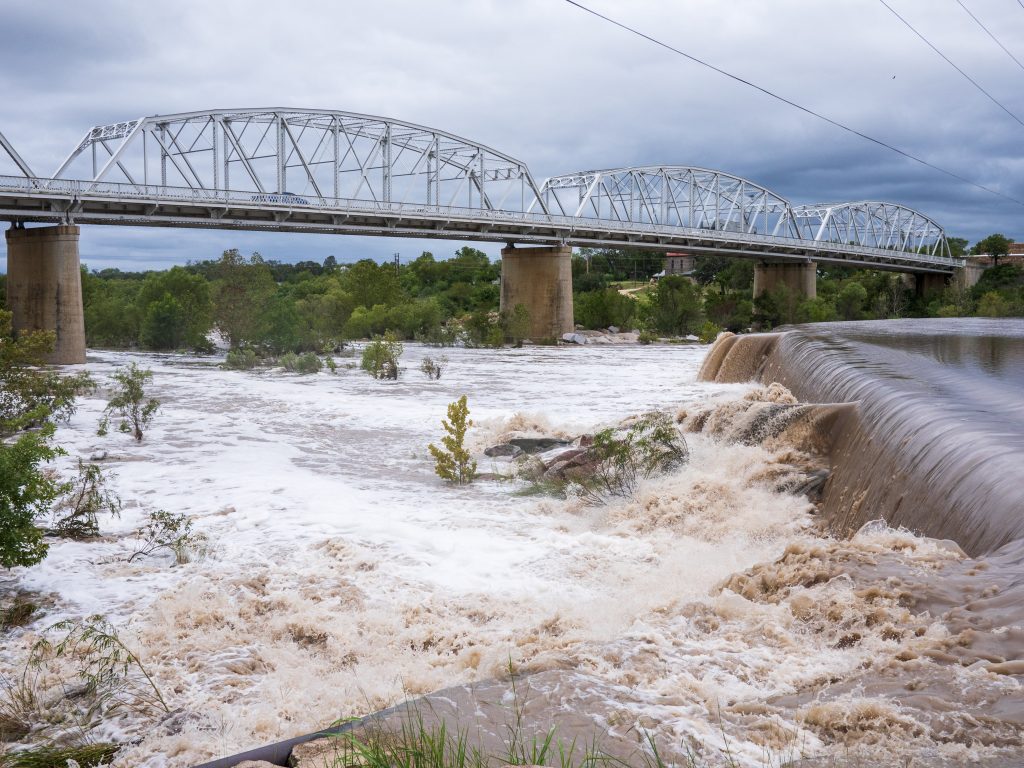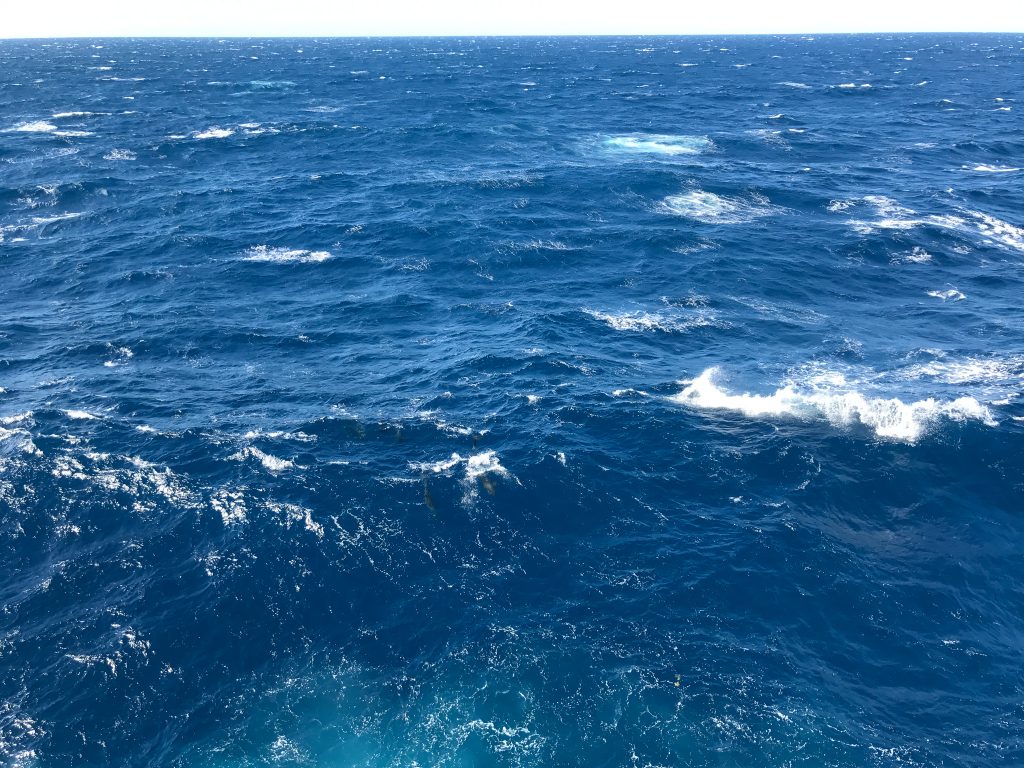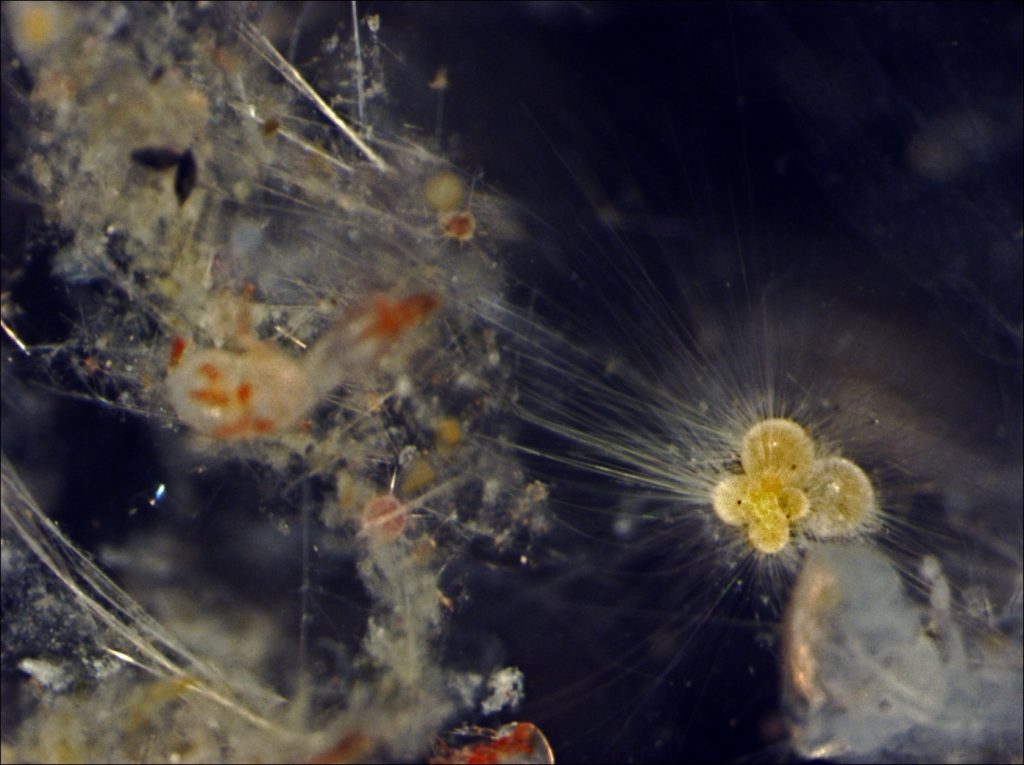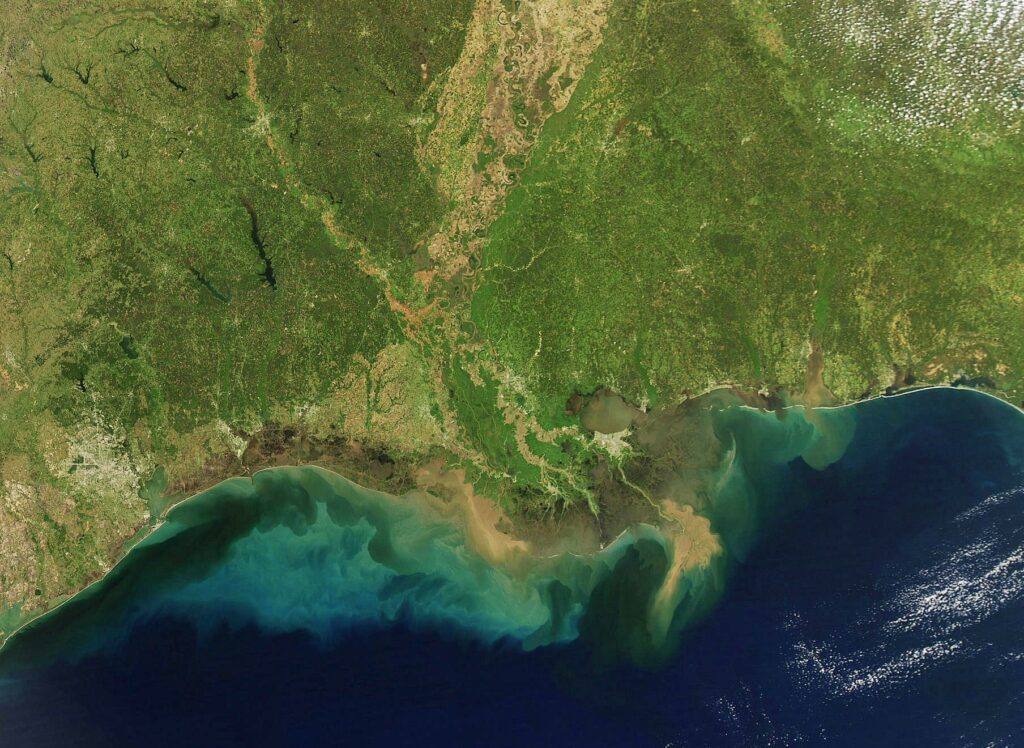The most recent ice age peaked around 20,000 years ago and was marked by extensive glaciation and dramatic climate shifts that reshaped Earth’s oceans, landscapes, and ecosystems. A new study involving climate researchers at The University of Texas at Austin Jackson School of Geosciences suggests that this ice age may provide crucial insights into future… Continue Reading Extreme El Niño Events Likely to Increase as World Warms
Ocean Surface Tipping Point Could Accelerate Climate Change
The oceans help to limit global warming by soaking up carbon dioxide emissions. But scientists have discovered that intense warming in the future could lessen that ability, leading to even more severe warming. The discovery comes from a study led by The University of Texas at Austin in which researchers analyzed a climate simulation configured… Continue Reading Ocean Surface Tipping Point Could Accelerate Climate Change
Climate Change Could Cause Mass Exodus of Tropical Plankton
The tropical oceans are home to the most diverse plankton populations on Earth, where they form the base of marine food chains. Modern plankton biodiversity in the tropics is a surprisingly recent development and the result of 8 million years of global cooling, according to a study led by researchers at The University of Texas… Continue Reading Climate Change Could Cause Mass Exodus of Tropical Plankton
Research Shows How Gulf of Mexico Escaped Ancient Mass Extinction
An ancient bout of global warming 56 million years ago that acidified oceans and wiped-out marine life had a milder effect in the Gulf of Mexico, where life was sheltered by the basin’s unique geology – according to research by the University of Texas Institute for Geophysics (UTIG). Published in the journal Marine and Petroleum… Continue Reading Research Shows How Gulf of Mexico Escaped Ancient Mass Extinction




